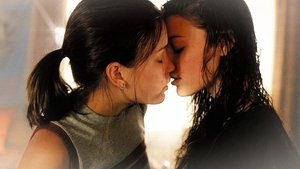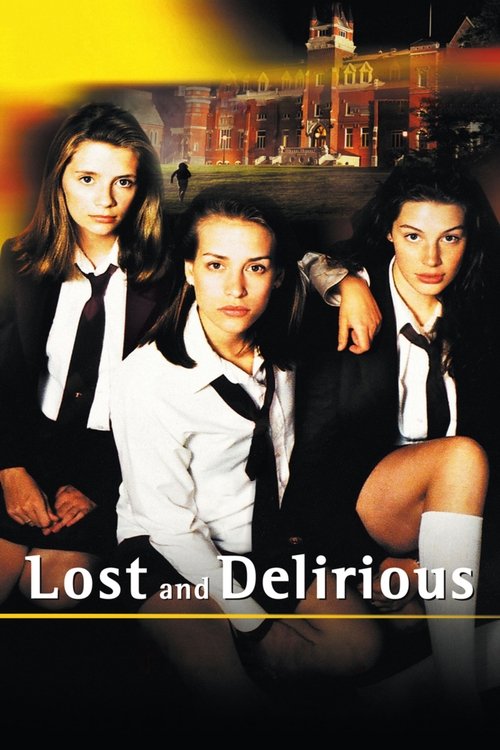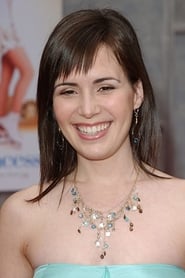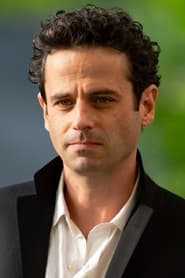Cast
View AllPiper Perabo
as Pauline 'Paulie' Oster
Jessica Paré
as Victoria 'Tori' Moller
Mischa Barton
as Mary 'Mouse' Bedford
Jackie Burroughs
as Fay Vaughn
Mimi Kuzyk
as Eleanor Bannet
Graham Greene
as Joe Menzies
Emily VanCamp
as Allison Moller
Amy Stewart
as Cordelia
Caroline Dhavernas
as Kara
Luke Kirby
as Jake Hollander
Alan Fawcett
as Bruce Moller
Grace Lynn Kung
as Lauren
Peter Oldring
as Phil
Stephen Mwinga
as John
Lydia Zadel
as Monica
Crew
Director
- Léa Pool
Producer
- Louis-Philippe Rochon
- Lorraine Richard
- Greg Dummett
Reviews
Thematic Analysis
As a dramatic work, Lost and Delirious examines complex human relationships and emotional struggles against the backdrop of contemporary challenges that mirror our own experiences. The character development particularly stands out, offering viewers a chance to reflect on their own life journeys.
Director Léa Pool brings their distinctive visual style to this film, continuing their exploration of themes seen in their previous works while adding new elements. Their approach to character development and emotional depth creates a viewing experience that rewards close attention.
Released in 2001, the film exists within a cultural context that continues to evolve with our understanding of its themes. Its reception demonstrates the diverse reactions to its artistic choices and its place in cinema history.
Did You Know?
- The production of Lost and Delirious took approximately 19 months from pre-production to final cut.
- The final cut of the film runs for 103 minutes, though the director's initial assembly was reportedly 151 minutes long.
- The director insisted on using practical effects whenever possible, reserving CGI for only the most necessary scenes.
- Several scenes were filmed in multiple locations to capture the perfect setting.
- Some visual effects sequences took up to 9 months to complete.
Historical Context
- In 2001, when this film is released:
- Digital technology was disrupting traditional media and entertainment.
- The September 11 attacks changed global security and politics.
- Digital filmmaking technologies were transforming production processes and creating new opportunities.
How This Film Stands Out
While Lost and Delirious shares thematic elements with other films in its genre, it distinguishes itself through its unique approach to storytelling, visual style, and character development.
Unlike Haymaker, which focuses more on action than character development, Lost and Delirious subverts genre expectations by exploring its themes with greater nuance.
While films like The Little Witch and A Distant Cry from Spring explore similar territory, Lost and Delirious stands apart through its distinctive directorial vision and pacing.
This film's unique contribution to cinema lies in its thoughtful balance of entertainment value and thematic depth, making it a valuable addition to its genre.
Details
- Release Date: January 21, 2001
- Runtime: 1h 43m





















